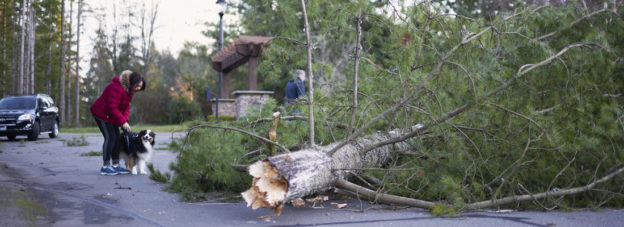In Jewels by Iroff, Inc. v. Securitas Tech. Corp., No. 1:23-CV-556-TWT, 2023 U.S. Dist. LEXIS 172391, a Georgia federal court addressed a suit against a security/alarm company arising from a break-in at a jewelry store where the thieves stole over $1 million in jewelry. The court addressed numerous provisions in the alarm company’s contract – such as a waiver of subrogation, exculpatory and limitation of liability provision – and concluded that the provisions were enforceable. Thus, the court dismissed the plaintiff’s complaint (although it gave the plaintiff the opportunity to try and amend its complaint to state a cause of action).
In February 2022, a break-in occurred in Alpharetta, Georgia at Jewels by Iroff, Inc. (Iroff). Iroff’s insurer, Jewelry Mutual Insurance Company (Insurer), reimbursed Iroff for more than $1.2 million in losses following the incident. Insurer then filed a subrogation action against Iroff’s alarm security contractor, Securitas Tech. Corp. (Securitas), alleging gross negligence, breach of contract and fraudulent misrepresentation.




